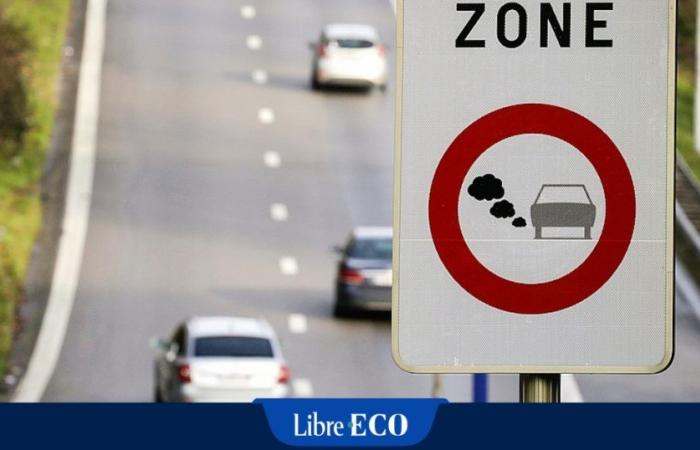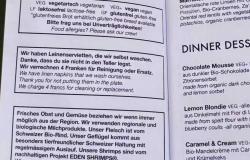From next January, the Brussels-Capital Region will ban Euro-5 diesel vehicles, Euro-2 gasoline vehicles and Euro-3 two-wheelers. A decision which could put more than 600,000 vehicles registered in Belgium (not just Brussels) out of the game, according to an analysis by Touring based on Febiac data. With this new regulation, many Belgian motorists find themselves facing a dilemma. “Owners of these vehicles will not have any opportunity to upgrade to a newer, cleaner vehicle within the stipulated time frame”, indicates the press release, accentuating the urgency of the situation. “The sharp slowdown in the private automobile market in recent years, the high pressure on household purchasing power, the high price of electric cars: it was already very clear that many households did not have or do not yet have the practical and financial opportunity to replace their car with a newer, cleaner model before the end of this year”
Among the vehicles soon to be banned, more than 33,000 diesel cars belonging to Brussels residents do not meet the required standards. The mobility organization had already sounded the alarm earlier this year. It indicated that the Belgian automobile fleet included 700,000 cars and 150,000 vans which, from 2025, would no longer meet the criteria of the LEZ (Low Emission Zone) in Brussels. This analysis included more than 30,000 cars registered in Brussels itself.
Low emission zone in Brussels: a little respite for owners of old diesel and gasoline vehicles?
Faced with these concerns, Brussels Minister of the Environment Alain Marron (Ecolo) then maintained the initial timetable set in 2018, despite the major economic changes since then. According to Touring, the minister seems to ignore the economic impact of the Covid pandemic, the surge in prices of new and used cars, and the increased pressure on household purchasing power.
guillement“The economic shock that our world has been through is more than enough reason to at least seriously evaluate whether the tightening of LEZ restrictions comes at the right time.”
Move the deadline?
Today, six months before the new restrictions come into force, the number of non-compliant vehicles remains alarming. Additionally, Touring warns that fleet renewal is not progressing at the same pace as the LEZ countdown. “The economic shock that our world has gone through is, according to Touring, more than enough reason to at least seriously evaluate whether the strengthening of LEZ restrictions comes at the right time, whether it is feasible and whether it balances the ecological gains of on the one hand and the economic costs on the other. Perhaps it is better and more efficient to wait until more affordable electric cars become available, both new and used.”
The ban on the sale of new thermal cars in 2035 called into question?
Touring therefore calls on the new Brussels leaders to reconsider the LEZ restrictions in light of current economic realities. The organization calls for an in-depth and realistic analysis of the measures, in order to find a balance between environmental benefits and economic costs for citizens. It is crucial to “make an update based on these analyses, rather than hiding behind previous decisions and forecasts that have since been overtaken by a new economic reality.”
The ball is now in the court of policy makers. Will they remain in their position or will they take this warning into account to adjust their strategy? The future of thousands of Brussels motorists is at stake.






